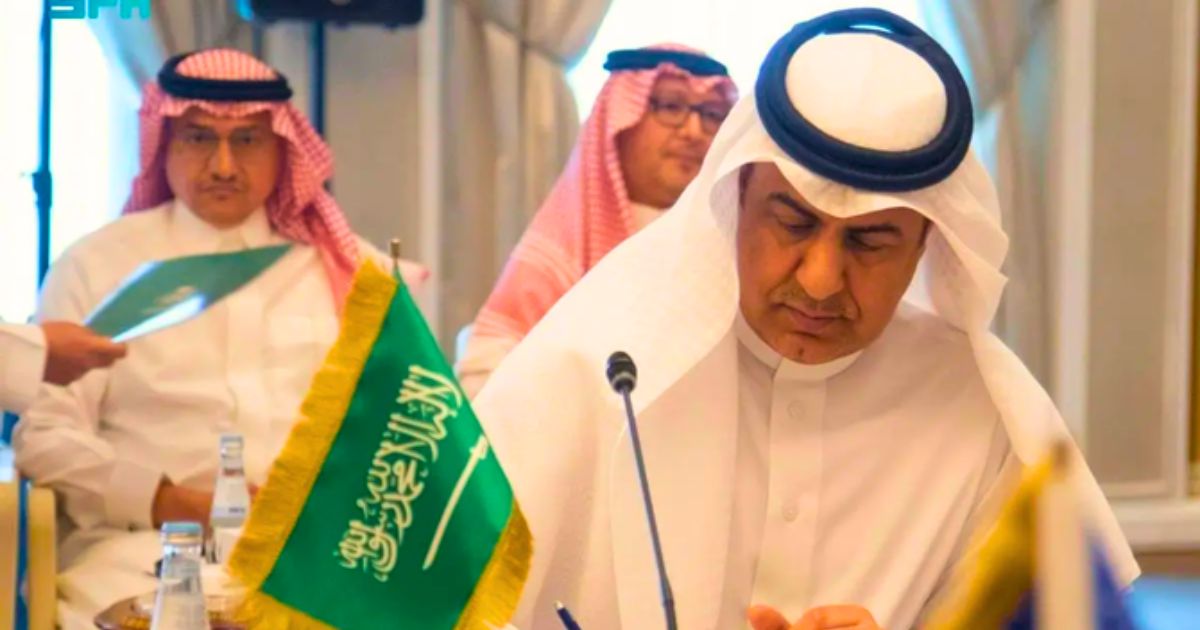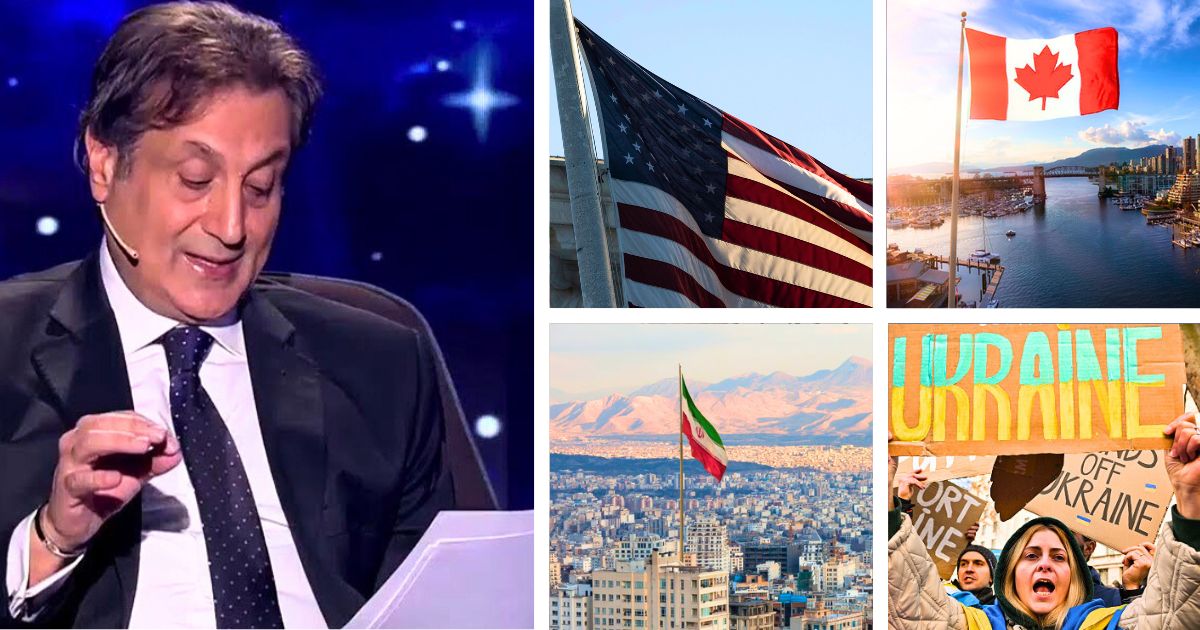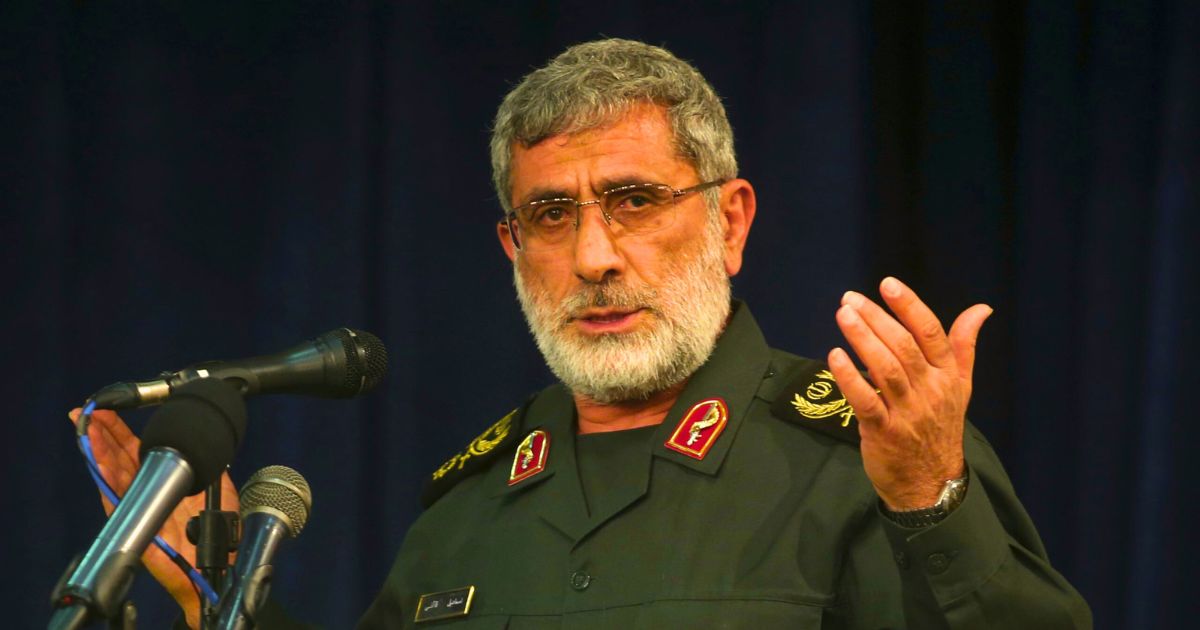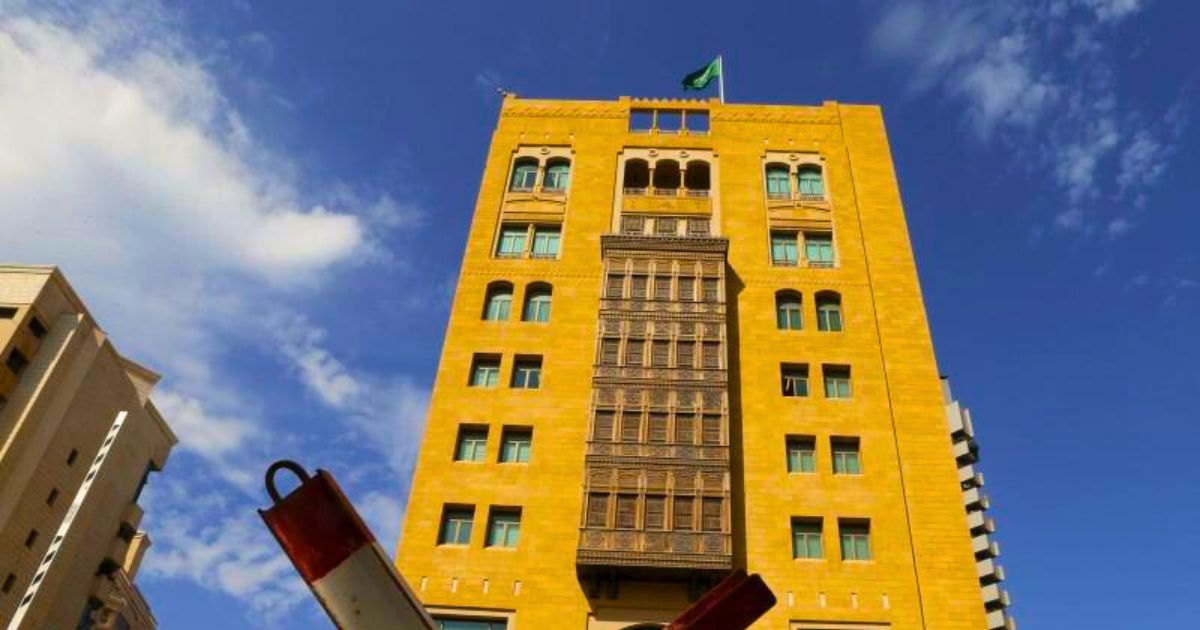In a recent development, a Saudi source revealed to Al-Arabiya TV that Saudi Arabia and Iran have yet to reach specific agreements regarding the ongoing crises in Iraq and Lebanon.
This follows the historic reconciliation deal between the two nations last week, which marked a major diplomatic breakthrough after seven years of strained relations.
Saudi Foreign Minister Prince Faisal bin Farhan commented on the situation, emphasizing that Lebanon requires internal unity, rather than relying on the reconciliation between Iran and Saudi Arabia.
The landmark agreement, facilitated by China, has successfully reestablished diplomatic ties and reopened embassies, significantly reducing the risk of armed conflict in the Middle East, both directly and through proxy wars.
Iran has long backed the Lebanese Shiite armed group and political party, Hezbollah, while Saudi Arabia has lent its support to Lebanon’s Sunni politicians, the Christian Lebanese Forces, and the Druze Progressive Socialist Party.
Early reports suggest Iran agreed not to back the Houthi groups in Yemen, where Saudi Arabia is fighting.
With the easing of tensions between Riyadh and Tehran, there is potential for both nations to promote political reconciliation in Lebanon.
This comes at a crucial time, as Lebanon grapples with a presidential vacuum and an unparalleled economic crisis.

















